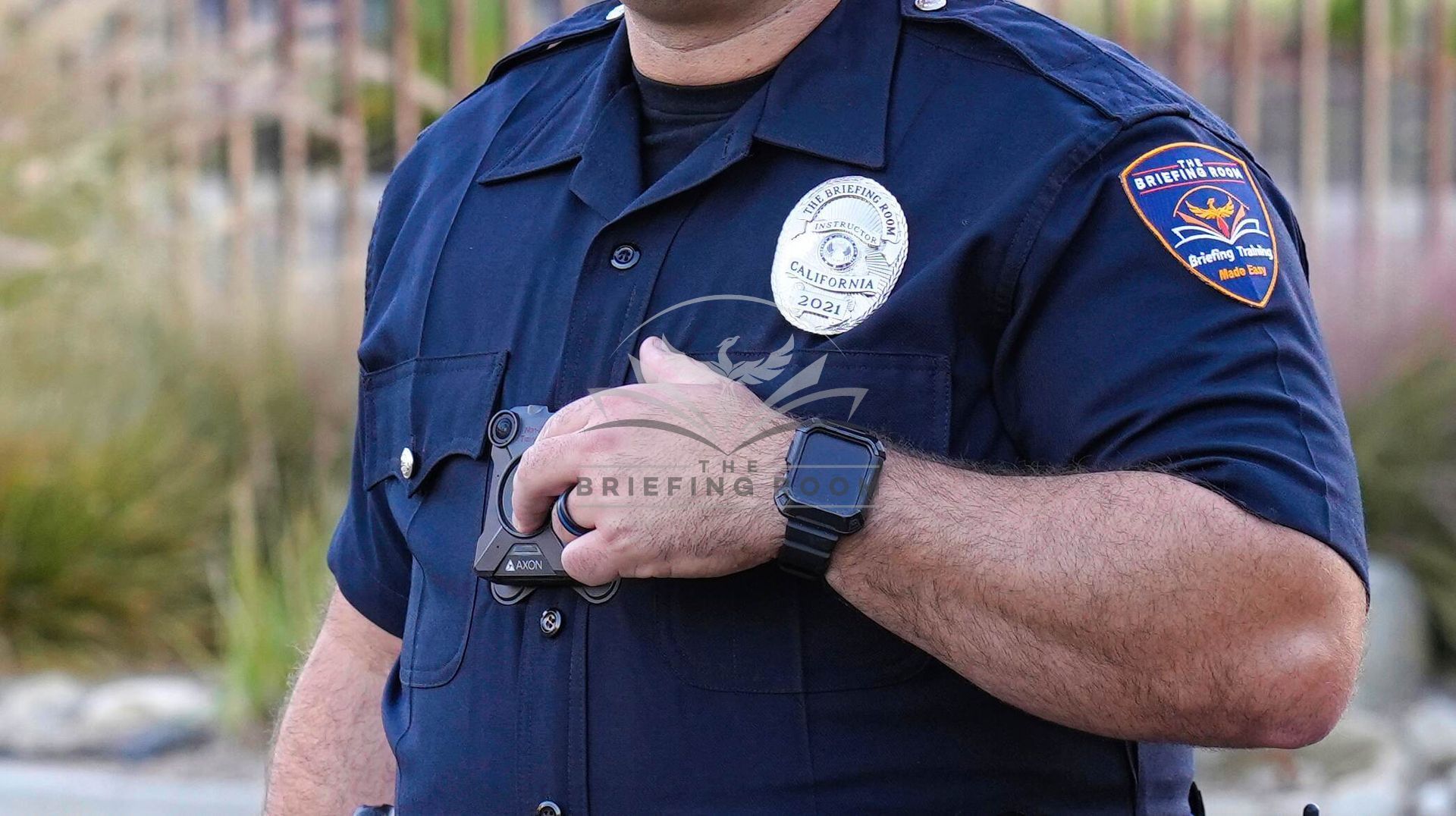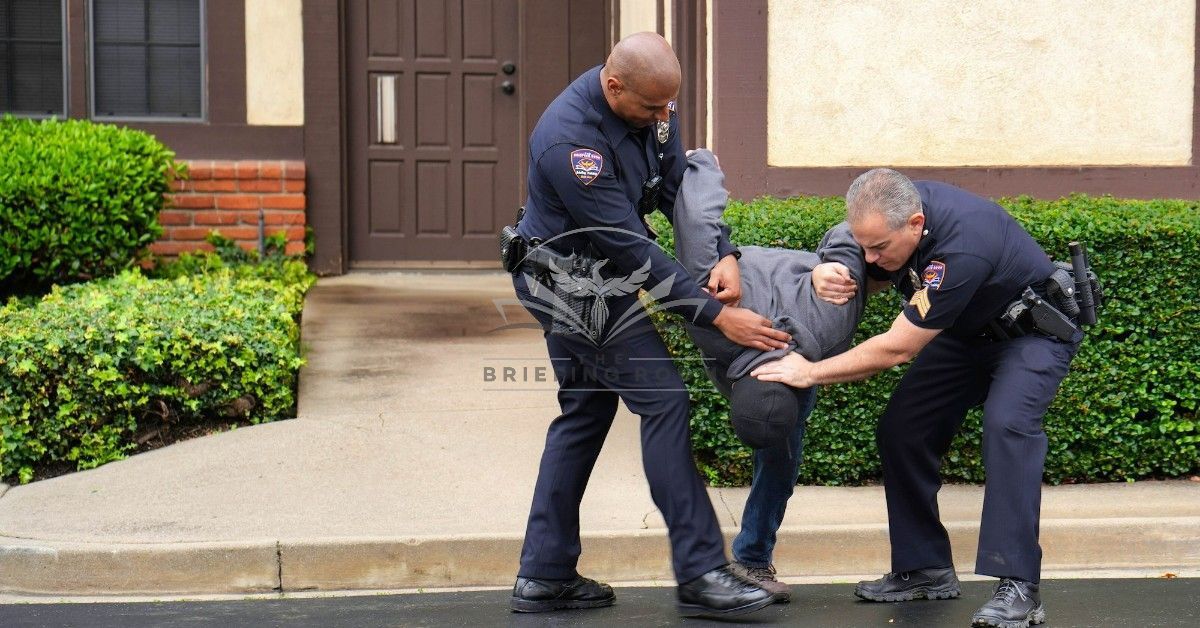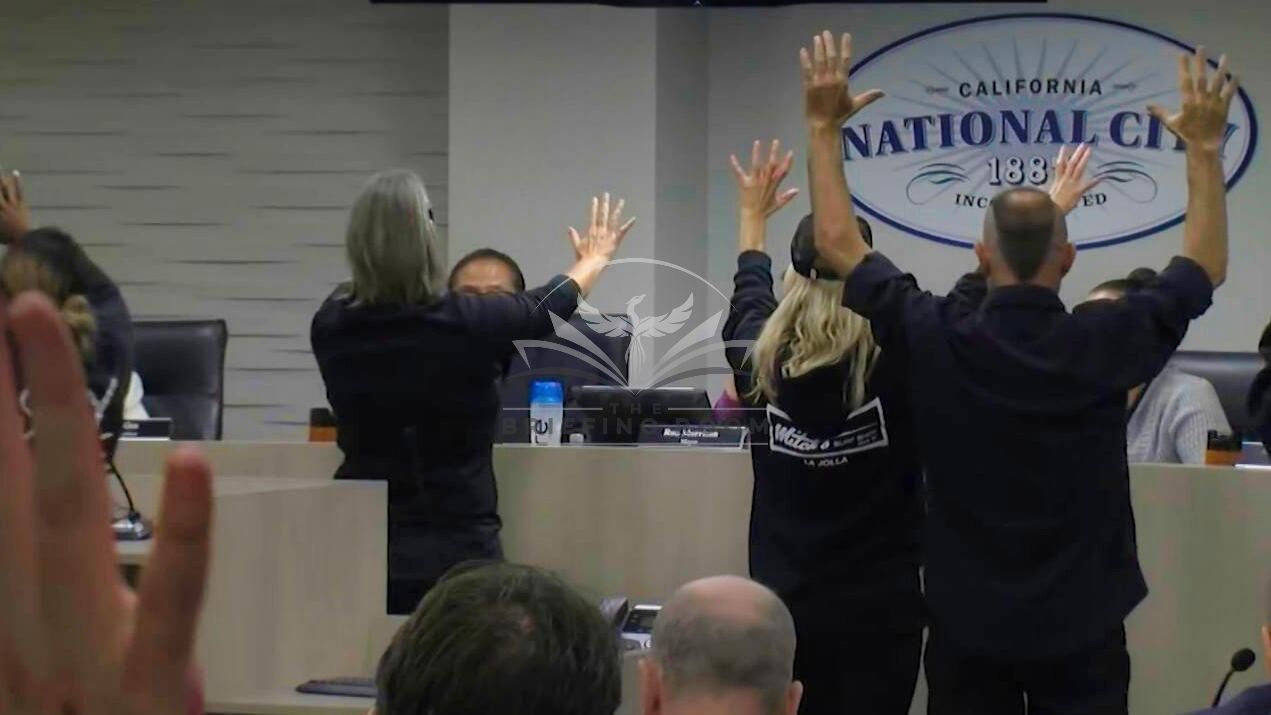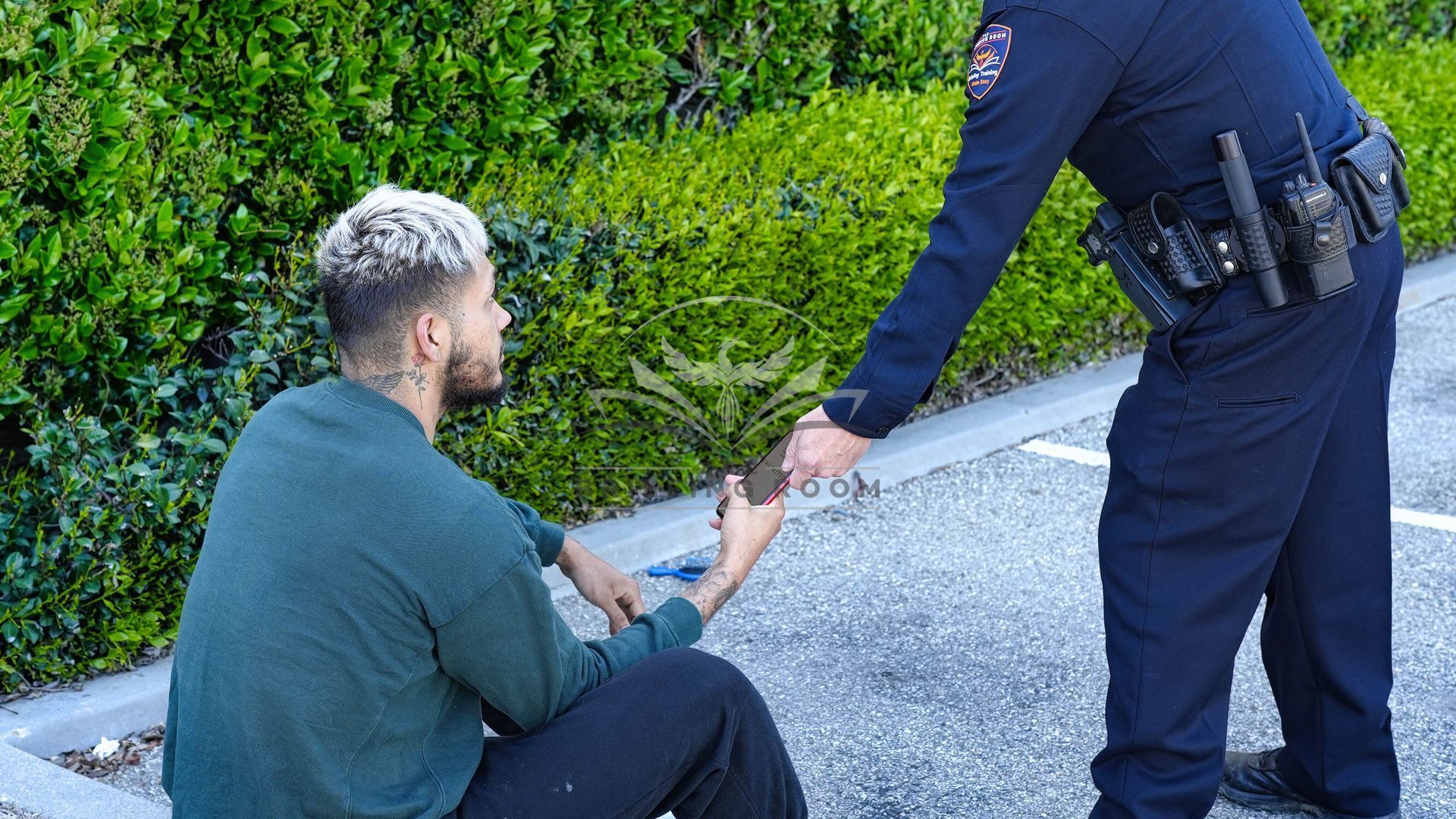Leave Your Body Cameras Turned On

This post is only offered as a discussion topic and does not represent legal advice. Officers must refer to the laws in their own State as well as their agency
Scott v. Harris is a United States Supreme Court Case about using deadly force to stop a fleeing vehicle. But, an often overlooked part of Scott v Harris is the fact that it was the first time video was used by the court to determine if qualified immunity or summary judgment should be granted. In its finding of that case, the court said, “When opposing parties tell two different stories, one of which is blatantly contradicted by the record, so that no reasonable jury could believe it, a court should not adopt that version of the facts for purposes of ruling on a motion for summary judgment.”
That finding has found its way into many cases since it was made. In the case of Coble v. City of White House, the 6th Circuit Court of Appeals said, “Nothing in the Scott analysis suggests that it should be restricted to cases involving videotapes.” They noted that the Scott ruling was about “the record,” not just videos.
This is important to officers because body camera footage is part of the record and may be used in court when deciding if a Police Officer should be granted summary judgment or qualified immunity. There have been many cases recently where body camera footage was used in the court’s analysis. The 9th Circuit Case Hernandez v. Town of Gilbert from 2021 is one example of body camera footage blatantly contradicting the suspect’s testimony and supporting the officer’s actions. During the arguments for that case, the attorney for the side suing the officers wasn't telling the truth about what happened.
For this reason, officers should turn their body cameras on and leave them running throughout every incident.
Police officers shouldn't put themselves in a situation where someone can make false allegations against them, and that officer have no evidence to disprove them.
The Briefing Room has a short training video available on this exact scenario so agency supervisors can easily train every officer in your agency on this essential topic.
www.TheBriefingRoom.com
90-Second Training Videos Your Supervisors Use During Briefing or Roll Call To Develop High-Performing Teams of Officers.
✅ Lower Liability
✅ Retain Officers
✅ Build Community Support
🌟 Produced Exclusively by Active-Duty Law Enforcement Instructors 🌟


© 2024 THE BRIEFING ROOM
Site Design by Solmark Creative | Development by Adam Wills Marketing

